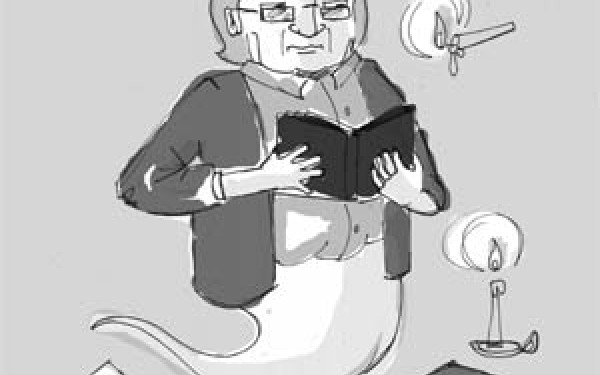Irving Writ
Excerpt From the 2011 Irving Layton Award for Fiction Winner, “Circus Girls”
A circus, Jayne thought, could take so many different forms. Yet you said that someone had run away to join the circus, not a circus, as though there was only one and it shook its glitter through a town and then left, maybe never coming back. In the morning the caravans would pull out with housewives curled in the straw by the camels, and the strongmen having dreamt taffy dreams of giving it all up to become farmers. That, or there was one circus and everyone acted their part in it.
“Our house,” Lise said, “it was with many others on the slope of a hill. You felt like if you were not careful, you would roll down that hill and into the gutter along the street.” She shuddered. “Terrible things in there, you wouldn’t want to know.”
“Your name, Lise—is it German?”
“My father was from Germany. He was a clown; he had come travelling to Brazil to perform for street children. Tall, and blond, and he wore patchwork pants over his skinny legs. My mother worked for a circus, making the costumes, until she got pregnant. I remember he said that it was because of me, his daughter, that he stayed in Brazil. Some days I think he loved me for that, and other days I think he loved me despite it. He learned Portuguese, and he built us a house. But learning the language, the culture, I think was not that hard.
Since he had this wife, this child, he already had to learn a new language. That of love. It was easier to learn how to say olá and tchau.”
“Where are your parents now?” Lise’s hair in Jayne’s hands was dry and fragile, curling in on itself as though for protection.
“They are both dead. My mother died in Brazil, and my father, he went back to Germany. It’s when I realised, minha filha, that the one he had always stayed for was her.”
Jayne thought about some night that must have happened years ago. Her father would have been downstairs, with wife in bed and baby in the crib. Drinking a hot toddy, being offered this as a life and saying yes. Maybe without really meaning it yet. Most of what she knew about herself as a child, the stories, came from her father. It was true, he could have been trying to make himself look blameless through the telling, but she had always gotten the impression that he was just as lost and confused as she was. He didn’t know either why Jayne’s mother did not express love for her or her siblings, although he would never have said it that bluntly. “I just thought maternal instinct was supposed to come naturally,” she had heard him saying once, on the phone. “I know, I know, she has her problems. But what if this is part of it? What if she just can’t handle what she feels, or the depth of the feeling seems dangerous so she denies it?”
“Aren’t you a curious little bundle,” her mother had said in one of the stories. Jayne was swaddled up in a stiff white blanket edged with blue trim, like Mother Teresa’s habit. Her first language was silence. Apparently she had stared at her parents as though she had been given only a small ration of words to use over her lifetime and she would not waste them asking for juice in a bottle.“There was a saying I heard the grownups in my town use: You’ll forget everyone but your mother.” Lise pulled a hand back and forth along her neck. “Ah, my mother. Que saudade. It’s true, do you think?”
Imagine it like this, Jayne thought. My mother loved me. She loves me. Wondering if, when you invented something, it could not also be real.
This article originally appeared in Volume 31, Issue 28, published March 29, 2011.





__600_375_90_s_c1.jpg)